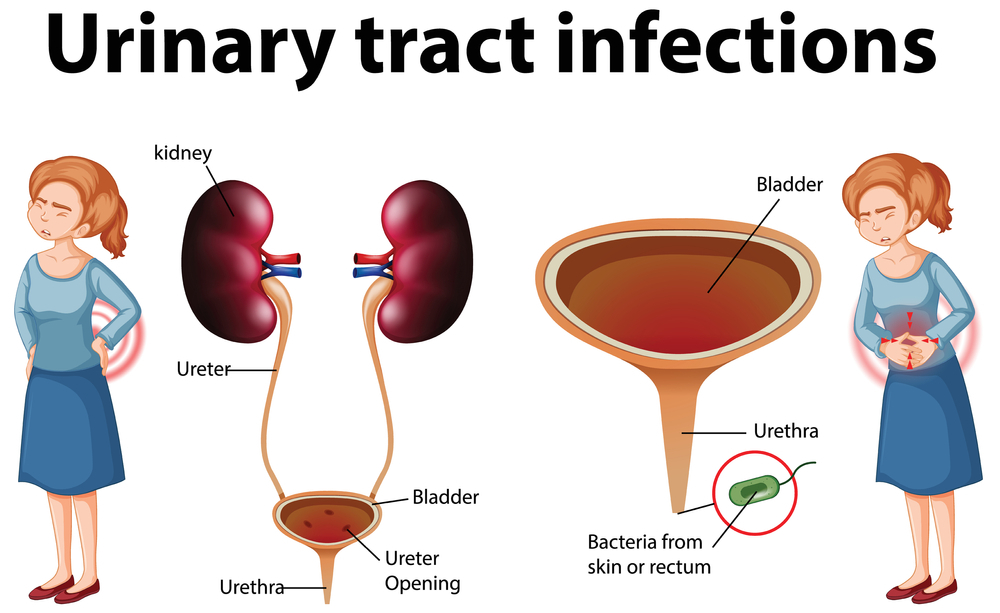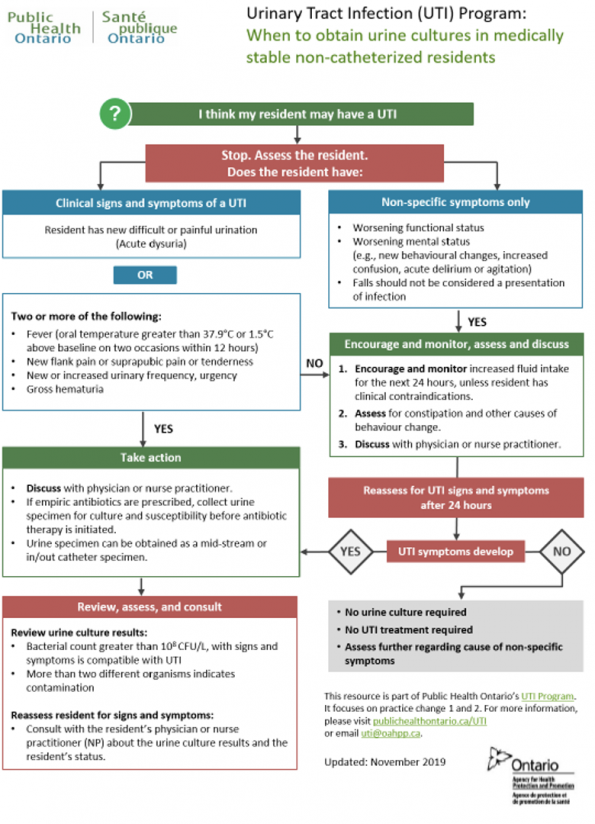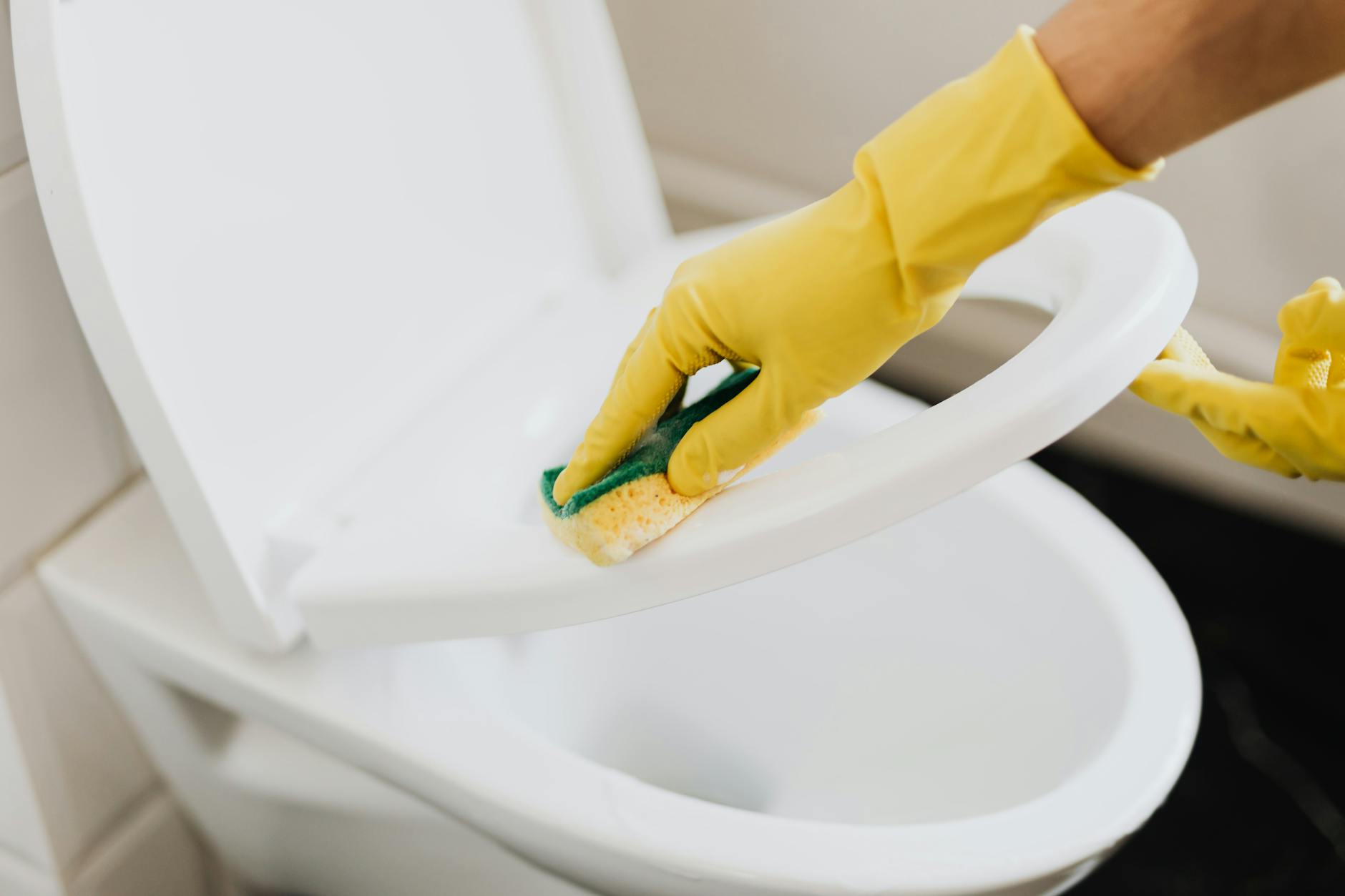Uncover the surprising truths behind the common condition of urinary tract infections and their unexpected causes – a must-read!
Table of Contents
Welcome, young readers! Today, we’re going to talk about urinary tract infections and why they’re important for our overall bladder health. This might sound like a big word, but don’t worry – we’re going to break it down into simple terms so you can understand it easily.
What is a urinary tract infection?
A urinary tract infection, or UTI for short, is when harmful bacteria get into your urinary system and cause trouble. Your urinary system is like a plumbing system in your body that helps you get rid of waste in the form of urine. When germs invade this system, it can lead to infections, and that’s when things can get uncomfortable.
Causes of Urinary Tract Infections
Urinary tract infections (UTIs) are often caused by bacteria that enter the urinary system and multiply, leading to uncomfortable symptoms. These infections can affect different parts of the urinary tract, such as the bladder, urethra, and kidneys.
Bacteria and UTIs
Bacteria are the main culprits behind urinary tract infections. When these tiny organisms enter the urinary tract, they can cause inflammation and infection. The most common type of bacteria that leads to UTIs is Escherichia coli (E. coli), which is normally found in the intestines but can sneak into the urinary system through the urethra.
Kidneys and UTIs
If a urinary tract infection is left untreated or becomes severe, it can spread to the kidneys, leading to a more serious condition known as a kidney infection. Symptoms of a kidney infection may include back pain, fever, and nausea. It is important to seek treatment promptly to prevent complications.
Common Symptoms of a UTI
One of the most common symptoms of a urinary tract infection, or UTI for short, is feeling like you have to go to the bathroom a lot. This means you might feel like you need to pee even when you just went. It can be frustrating always having to run to the restroom, but it’s your body’s way of trying to get rid of the infection.
Pain or Burning
Another sign that you might have a UTI is feeling pain or a burning sensation when you pee. It can be really uncomfortable and make going to the bathroom not very fun. This happens because the bacteria causing the infection irritate your bladder, making it hurt when you pee.
Who Can Get a UTI?
Urinary tract infections (UTIs) can affect anyone, regardless of age. Let’s take a closer look at who is at risk of developing UTIs.

Image courtesy of www.shutterstock.com via Google Images
UTIs in Kids
Children can also experience UTIs. This could be due to not emptying their bladders completely or holding their urine for too long. Sometimes, a UTI in kids might not show any symptoms, so it’s important to pay attention to any signs of discomfort while urinating or unusual behavior.
UTIs in Grown-Ups
Adults can get UTIs too. Certain factors can increase their risk, such as being female, using certain types of birth control, menopause, or having a history of UTIs. Additionally, conditions like diabetes or a weakened immune system can also make someone more susceptible to UTIs.
Preventing Urinary Tract Infections
One of the best ways to keep your bladder healthy and prevent urinary tract infections is by drinking plenty of water. Water helps to flush out any harmful bacteria that may be trying to sneak into your bladder and cause an infection. So, make sure to drink lots of water throughout the day to help keep your urinary system in tip-top shape.
Good Bathroom Habits
Another important way to prevent UTIs is by having good bathroom habits. Always remember to go to the restroom when you feel the need to pee, and try not to hold it in for too long. Holding your pee can give bacteria a chance to multiply in your bladder, which can lead to an infection. Also, make sure to wipe from front to back after using the toilet to avoid spreading bacteria from the anus to the urethra.
Diagnosing a UTI
When you’re not feeling well down there, it’s important to figure out what’s going on so you can get the right treatment. Doctors use a few different methods to find out if you have a urinary tract infection (UTI).

Image courtesy of www.yatharthhospitals.com via Google Images
Talking to a Doctor
First things first, when you visit the doctor, it’s super essential to tell them exactly how you’re feeling. Are you going to the bathroom a lot more than usual? Maybe you feel a burning sensation when you pee. Be honest about all your symptoms, even if they seem a bit embarrassing. Doctors have heard it all before and want to help you feel better.
Urine Tests
One common way doctors diagnose a UTI is by testing your pee. They may ask you to give a sample of your urine so they can check it for bacteria or other signs of infection. It’s a simple and quick test that can provide valuable information about what’s going on in your body. Based on the results, your doctor will decide the best course of action to help you feel better soon.
| Cause | Description |
|---|---|
| Bacteria | Bacteria, such as E. coli, can enter the urinary tract through the urethra and multiply in the bladder causing infection. |
| Sexual Activity | Sexual intercourse can introduce bacteria into the urethra, increasing the risk of urinary tract infection. |
| Dehydration | Not drinking enough water can lead to concentrated urine, which can irritate the bladder and increase susceptibility to infection. |
| Urinary Tract Abnormalities | Certain structural abnormalities in the urinary tract can make it easier for bacteria to cause infection. |
| Weakened Immune System | Individuals with weakened immune systems are more susceptible to infections, including urinary tract infections. |
Treating Urinary Tract Infections
When it comes to treating urinary tract infections (UTIs), there are a few different approaches healthcare providers may take depending on the type of infection present. UTIs are usually caused by bacteria, so the primary treatment involves antibiotics to eliminate the harmful bacteria from the urinary system. However, in some cases, infections like yeast infections may require different types of medications.
Antibiotics for Bacteria
If a bacterial infection is the culprit behind your UTI, your doctor may prescribe a course of antibiotics to help clear up the infection. These medications work by targeting and killing the bacteria causing the infection, allowing your body to naturally flush them out through urination. It’s essential to follow your healthcare provider’s instructions carefully and finish the full course of antibiotics, even if you start feeling better before completing the prescription.
Other Medicines
In some instances, UTIs may be caused by yeast infections rather than bacterial infections. If this is the case, your healthcare provider might recommend antifungal medications to address the underlying issue. These medications are designed to combat yeast overgrowth and restore the balance of good bacteria in the urinary tract. It’s crucial to inform your doctor of any symptoms you’re experiencing so they can provide the most appropriate treatment for your specific situation.
Other Health Issues and UTIs
When a urinary tract infection (UTI) goes untreated or is recurring, it can potentially lead to a more severe kidney infection. Kidney infections are more serious than regular UTIs as they involve the kidneys, which are vital organs for filtering waste and excess fluids from the blood to form urine. Symptoms of a kidney infection may include fever, back pain, nausea, and vomiting, and it’s crucial to seek medical attention promptly if you suspect a kidney infection.

Image courtesy of emottawablog.com via Google Images
Link with Other Illnesses
Additionally, certain health conditions like hepatitis C or high blood pressure can also impact urinary health and potentially increase the risk of developing UTIs. For example, individuals with hepatitis C may have weakened immune systems, making them more susceptible to infections like UTIs. Similarly, uncontrolled high blood pressure can affect kidney function, which plays a role in urinary health. It’s essential to manage these underlying health issues to maintain overall well-being and reduce the likelihood of UTIs.
Myths About UTIs
Urinary Tract Infections, also known as UTIs, are quite common, but there are lots of myths surrounding them. Let’s take a closer look at some misconceptions about UTIs.
Only Girls Get UTIs
One of the most widespread myths about UTIs is that only girls can get them. Actually, both boys and girls can suffer from UTIs. This misunderstanding might come from the fact that girls are more likely to get UTIs than boys, but it’s definitely not exclusive to one gender.
UTIs Are Always Serious
Another myth is that all UTIs are severe and dangerous. While it’s crucial to treat UTIs promptly to prevent complications like kidney infections, many UTIs are mild and can be easily treated with antibiotics. With proper care and attention, most UTIs can be resolved without any serious consequences.
Conclusion
In conclusion, urinary tract infections (UTIs) can be a pesky problem that many people face, but there are ways to prevent and treat them effectively. By understanding the causes of UTIs, such as bacteria entering the urinary system, and being aware of the symptoms like frequent urination and pain, individuals can take steps to maintain good bladder health.

Image courtesy of www.shutterstock.com via Google Images
It’s essential to remember that UTIs can affect people of all ages, from children to adults. Hydration, good bathroom habits, and timely medical attention are all crucial in preventing and managing UTIs. By drinking plenty of water, practicing good hygiene, and seeking medical advice when needed, the risk of developing a UTI can be significantly reduced.
UTIs can lead to more severe conditions if left untreated, such as kidney infections. Additionally, other health issues like hepatitis C or high blood pressure may have links to urinary health. It is important to address UTIs promptly and thoroughly, taking into consideration any underlying health issues that may exacerbate the situation.
Despite common misconceptions, UTIs are not exclusive to girls and are not always a cause for major concern. With the appropriate treatment, many UTIs can be resolved quickly and without serious complications. Being proactive about bladder health and understanding the factors that contribute to UTIs are key in maintaining overall well-being.
FAQs
Can I Get a UTI If I Hold My Pee?
It’s not a good idea to hold your pee for too long because it can actually increase your chances of getting a urinary tract infection (UTI). When you hold in your pee, the bacteria in your bladder have more time to grow and multiply, which can lead to an infection. So, it’s important to listen to your body and go to the bathroom when you need to!
Does Cranberry Juice Help UTIs?
Many people believe that cranberry juice can help prevent or treat UTIs, but the science behind this is not entirely clear. Some studies suggest that certain compounds in cranberry juice may make it harder for bacteria to stick to the walls of the bladder, which could potentially reduce the risk of infection. However, it’s always best to consult with a doctor for proper treatment if you suspect you have a UTI.





